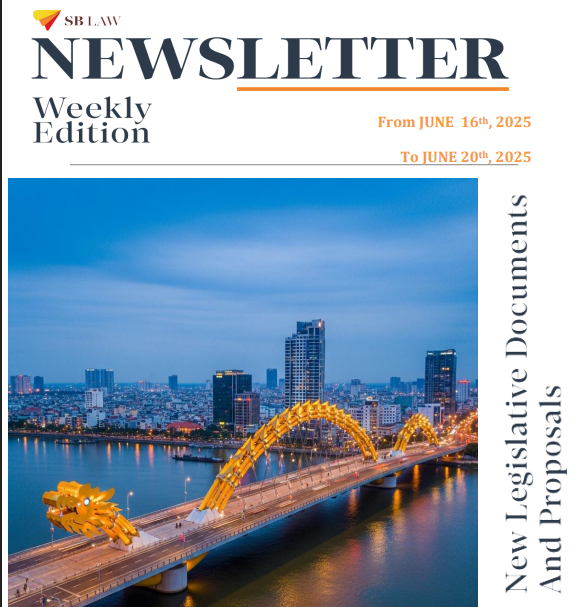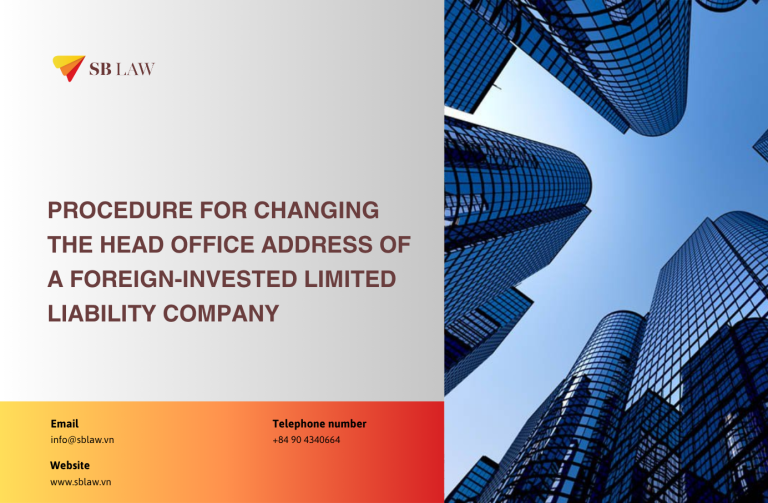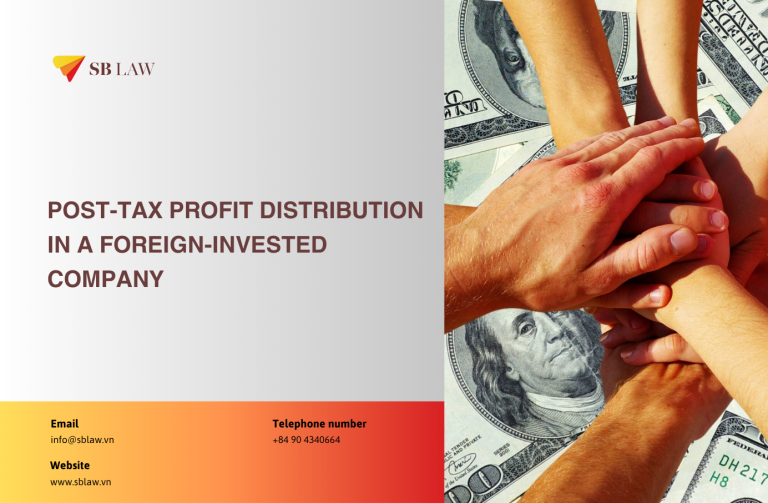Foreign nationals seeking entry into Vietnam must obtain a visa in advance, with the type and validity period determining their permissible activities and duration of stay. This article aims to provide a comprehensive guide on the types of visas available for entry into Vietnam and their respective time limits.
-
Types of Vietnamese Visas
There are several types of visas available for those wishing to visit Vietnam, each catering to different travel purposes:
- Tourist Visa (DL): The Tourist Visa is the most common type of visa issued to travelers visiting Vietnam for tourism purposes. It is usually valid for 30 or 90 days, depending on the specific requirements of the traveler’s home country.
- Business Visa (DN): The Business Visa is designed for individuals who are visiting Vietnam for business purposes. This visa can be valid for a few months up to a year, allowing for extended stays for business dealings or negotiations.
- Work Visa (LD): This visa is required for those seeking employment in Vietnam. Work visas can be single-entry or multiple-entry, with a validity period typically not exceeding two years.
- Relatives' Visa (TT): Issued to family members of Vietnamese citizens or foreigners with valid work or residence visas in Vietnam. The validity period can be up to 12 months.
- Other Categories: There are additional visa categories for specific purposes such as study (University visa), journalism (PV visa), and investment (DT visa).
-
Application Process
Applying for a Vietnamese visa involves several steps. Applicants can apply online or at the Vietnamese embassy or consulate in their home country. The required documents typically include a completed application form, a passport-sized photo, and a passport that is valid for at least six months from the date of entry. The visa fees vary depending on the type of visa and the applicant’s nationality.
-
Time Limit
The duration of each type of visa varies. Tourist and Business Visas can be extended for an additional 30 days. Overstaying a visa can result in penalties, including fines and deportation. Therefore, it is crucial to understand the time limit of your visa and to leave Vietnam or extend your visa before it expires.
-
Choosing the Right Visa:
Selection of the most suitable visa hinges on the intended purpose of travel and the planned duration of stay in Vietnam. Key factors to consider include:
- Trip Duration: Short-term visits may be accommodated by a single-entry tourist visa. Extended stays or multiple visits necessitate a multiple-entry visa.
- Travel Plans: If your itinerary includes excursions to neighboring countries, a multiple-entry visa allows for re-entry into Vietnam.
- Activities: Business activities require a business visa, while employment necessitates a work visa with a work permit.
-
Our service:
SB Law is specialized in providing comprehensive legal solutions for obtaining visas in Vietnam.
Our team of seasoned attorneys is well-versed in the complexities of Vietnamese immigration policies. We understand that each client's situation is unique, and we are committed to providing personalized service tailored to your specific needs.
We offer assistance with a wide range of Vietnamese visas, including work visas, business visas, investment visas, and more. Our goal is to simplify the process of visa acquisition, ensuring a smooth transition for individuals and businesses seeking to establish a presence in Vietnam.
At SB Law, we pride ourselves on our integrity, professionalism, and dedication to our clients. We look forward to assisting you with your visa needs in Vietnam.




